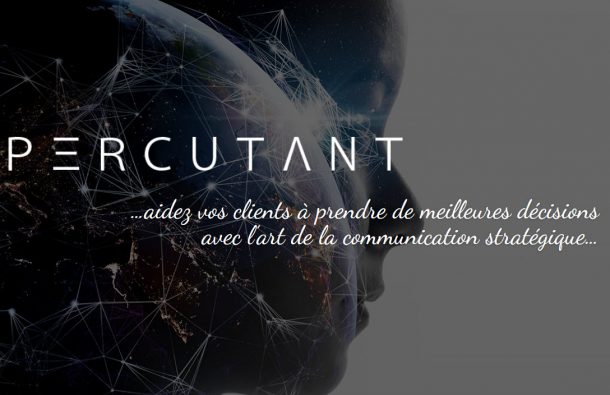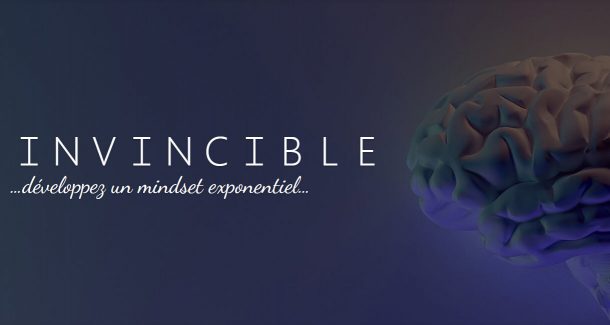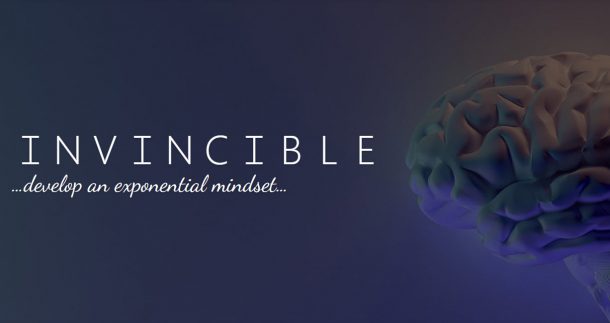A well-known person in the professional development and neuroscience field recently wrote a blog post on using visualization to make your dreams a reality. In the post he said that when he was at university, his coach would have him visualize making free-throws or lay-ups. If you visualize “what it feels like, smells like, and looks like” to achieve your goal, he tells you that “your behaviours will start to be aligned with your goal.”
Key Takeaway:
- Visualizing having successfully achieved our goal is just fantasy. It can backfire and can actually keep us from success. Instead, break down your goals into manageable steps, visualize these steps, and just start.
Sounds like magic? It is magical thinking. But this is the advice that many in the $10 billion dollar personal development industry give to vulnerable people and it doesn’t work for most of us. The people that it does work for are those who don’t lack motivation to begin with. But for the rest us who struggle with motivation, it can actually keep us from achieving our goals. And when visualization doesn’t work, we blame ourselves which saps our motivation even further.
Here’s why:
- He applied his coach’s advice incorrectly. His coach had asked him to visualize the free-throws or lay-ups, which are important steps in winning a basketball game. His coach didn’t ask him to visualize standing on the podium and receiving a gold medal. Yet, that’s exactly what he’s telling people to do when visualizing success: To stand on the podium of success!
- To your brain, visualizing success is as real as actually achieving success and it reduces your energy to continue working toward your goal. That’s because your brain believes that you’ve already achieved your goal. Studies have measured this drop in energy using systolic blood pressure. Visualizing success, then, can actually have the opposite effect to what you’re looking for!
- Visualizing a successful outcome encourages us to think in all-or-nothing terms. This is exactly the opposite of what we should be doing. Thinking about goals in their entirety can inspire fear and overwhelm that can halt our progress.
In sum, visualizing having successfully achieved a goal is just fantasy. But we continue to believe in the fantasy because we want to believe that there’s an easy fix to our problems. We just need to find it. And the personal development industry obliges and makes billions selling us the fantasy.
Here’s what works instead. And of course, it’s less sexy; the truth often is:
- Break down your goals into manageable steps, small enough that you can succeed on each step. You can read more about this strategy in this blog post.
- Instead of visualizing successfully achieving your goal, visualize the steps you need to take to reach your goal. You can read more about this strategy in an earlier blog post.
- Just start. Mindset is built through action. Here’s an interview where I address this point.
 About About Dr. Irena O’Brien
About About Dr. Irena O’Brien
Founder and Director
The Neuroscience School
Dr. Irena O’Brien is a cognitive neuroscientist and the founder of The Neuroscience School. She’s passionate about psychology and neuroscience, which she has been studying for over 20 years. Dr. Irena reads and writes about the latest research in neuroscience and psychology, which offer us practical tools and strategies that we can use to better our own lives and the lives of our our clients. She is a testament to that, continuing to use what she learns from neuroscience in her own life and that of her family.
You can connect with Irena on Facebook or LinkedIn
References:
Amabile, T., & Kramer, S. (2011). The progress principle: Using small wins to ignite joy, engagement, and creativity at work. Boston, Mass: HBR.
Kappes, H., & Oettingen, G. (2011). Positive fantasies about idealized futures sap energy. Journal of Experimental Social Psychology, 47, 719–729.
Taylor, S., Pham, L., Rivkin, I., & Armor, D. (1998). Harnessing the imagination: Mental simulation, self-regulation, and coping. American Psychologist, 53, 429–439.
This article was originally published on https://neuroscienceschool.com/2019/06/20/why-visualization-doesnt-work-to-make-your-dreams-a-reality/






